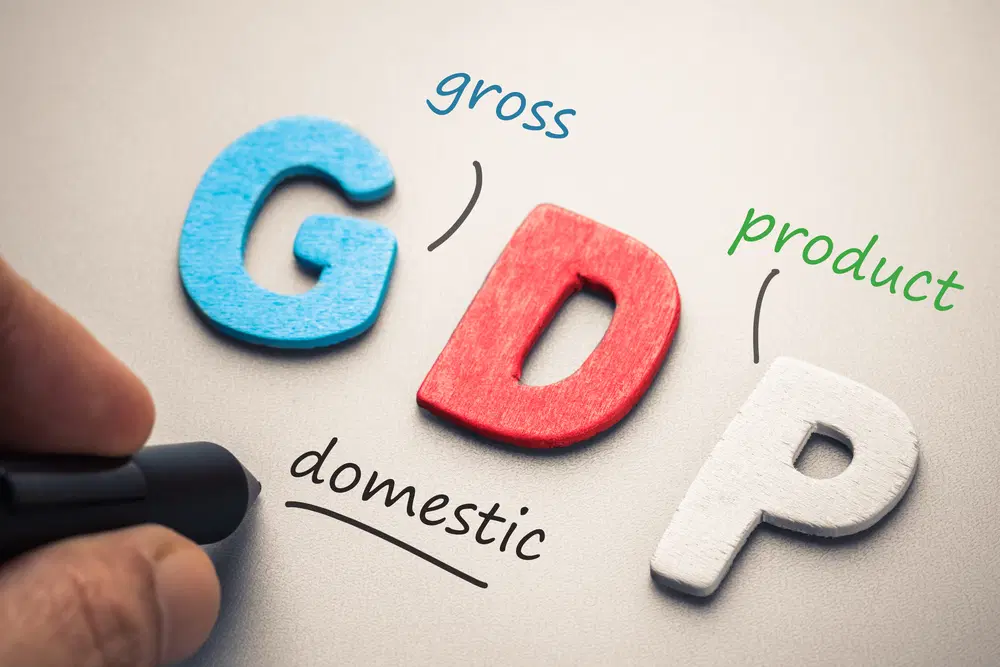On Tuesday, July 29, 2025, the Manufacturers Association of Nigeria (MAN), through its Director-General, Mr. Segun Ajayi-Kadir, expressed deep concern over the declining contribution of the industrial sector to Nigeria’s Gross Domestic Product (GDP), as highlighted in a statement to Vanguard reacting to the National Bureau of Statistics (NBS) report of a 3.13% GDP growth rate for Q1 2025. Ajayi-Kadir noted that while the rebased GDP, reflecting a shift from a 2010 to a 2019 base year, shows a statistically larger economy (₦94.05 trillion nominally, up 18.3% year-on-year), the industrial sector’s share dropped significantly from 27.65% in 2010 to 21.08% in 2019, signaling a shift toward low-productivity services. Manufacturing, a critical sub-sector, has been particularly weak, with a negative average annual growth rate of -0.76% from 2019 to 2024, indicating a real-term contraction over five years.
Ajayi-Kadir cautioned that the GDP growth, driven by agriculture (27.8% share), services (57.5%, with telecommunications at 10.59%), and the informal sector, masks underlying industrial underperformance. Despite manufacturing sub-sectors like Food, Beverage, and Tobacco (3.48%), Cement (4.94%), and Pharmaceuticals (5.33%) showing modest growth, the sector contributed only 9.62% to GDP in Q1 2025, per NBS data. He urged the federal government to prioritize manufacturing through policy, financing, and infrastructure reforms to reverse this trend, warning that without a strong industrial base, Nigeria risks sustained economic instability, unemployment, and poverty. X posts from @thecableng and @SaharaReporters on July 29, 2025, echoed MAN’s call, emphasizing the need for structural reforms to boost industrialization.

Leave a Reply